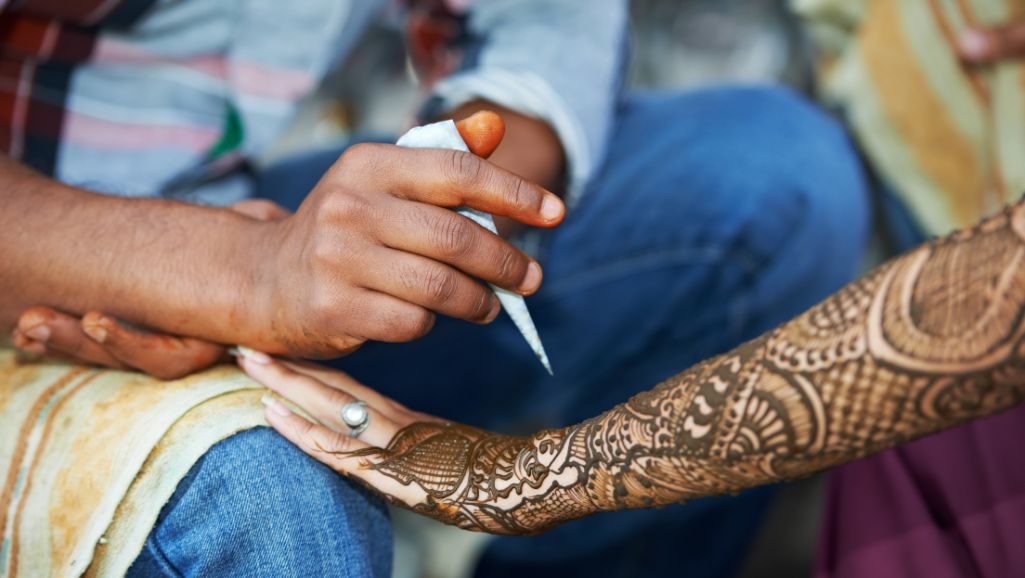The Rising Demand for Henna Powder in Gulf Countries: Henna powder, derived from the leaves of the henna plant (Lawsonia inermis), has a rich history in traditional and cultural practices, especially in the Gulf countries. Its application has moved beyond mere tradition to become a significant part of beauty and wellness routines. This article explores the growing demand for henna powder in the Gulf region and the reasons behind its popularity.
Cultural Significance of Henna Powder in Gulf Countries
Henna holds deep cultural importance in the Gulf, where it is used for various ceremonies and celebrations. Weddings, festivals, and religious events often incorporate intricate henna designs as a symbol of joy, blessings, and good fortune. This cultural connection has sustained the demand for henna powder, fostering a thriving market.
Growing Demand and Market Trends
In recent years, the demand for henna powder has surged across the Gulf. This rise can be attributed to several factors:

Accessibility
Henna powder has become more readily available due to increased production and distribution channels. Local markets and online platforms offer a wide range of henna products, catering to diverse preferences.
Beauty and Cosmetic Industry Growth
The beauty industry in the Gulf has witnessed exponential growth, with consumers increasingly embracing natural alternatives like henna for hair coloring and skincare. Henna’s organic properties make it an appealing choice over chemical-laden alternatives.
Traditional Use in Celebrations
The continued tradition of applying henna during festivities has contributed to sustained demand. Social events and cultural gatherings provide a platform for henna artists to showcase their skills, further popularizing the use of henna powder.
Benefits and Varieties
Henna powder is celebrated for its myriad benefits. Apart from its cosmetic uses, it is known for nourishing hair, promoting scalp health, and imparting a natural shine. Different varieties of henna cater to specific needs, including body art, hair conditioning, and medicinal applications.

Quality Standards and Challenges
As demand escalates, ensuring quality standards becomes imperative. The henna industry faces challenges related to authenticity, purity, and sustainability. Adhering to quality norms and ethical practices is crucial for long-term growth and consumer trust.
Future Outlook and Recommendations
The future of the henna industry in Gulf countries appears promising, driven by evolving beauty trends and cultural heritage. To sustain growth, stakeholders must prioritize sustainable sourcing, innovate product offerings, and educate consumers about henna’s versatile applications.
Conclusion
In conclusion, the demand for henna powder in Gulf countries reflects a blend of tradition, culture, and modern beauty trends. The accessibility and benefits of henna have contributed to its popularity, with consumers embracing it for various purposes. As the market continues to evolve, maintaining quality and sustainability will be key to sustaining this growth.
FAQs
- Is henna powder safe for all skin types?
- Henna powder is generally safe for most skin types, but it’s advisable to conduct a patch test before full application.
- Can henna be used to color hair?
- Yes, henna is a natural hair dye that provides a reddish tint and nourishes the scalp.
- How long does henna color last on the skin?
- Henna color typically lasts between one to three weeks, depending on skin type and aftercare.
- Are there any precautions to take when using henna?
- Avoid using black henna, which may contain harmful chemicals. Ensure you purchase henna from reputable sources.
- Can henna be used for medicinal purposes?
- Henna has been traditionally used for its medicinal properties, such as cooling effects and soothing skin irritations.
Read More blog: click here
Buy Henna powder in bulk : Click here
Buy Henna powder: Click here
Read more : What is BAQ Henna Powder?

